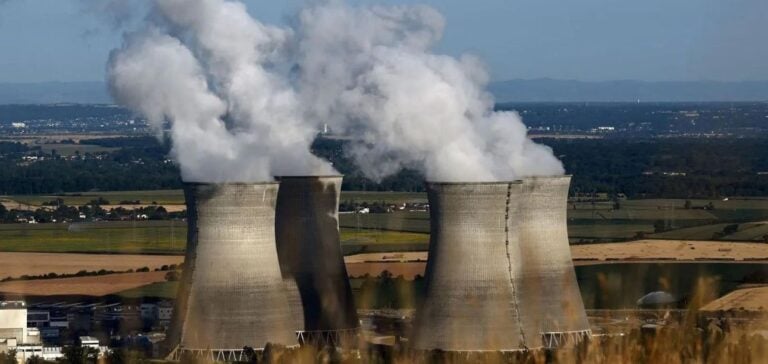Norway has taken a significant step towards exploring nuclear energy by forming a 12-member commission to examine this option. This decision comes against a backdrop of growing need for stable, emission-free energy sources to respond to climate and natural crises. Energy Minister Terje Aasland stressed the importance of developing a solid, up-to-date knowledge base to assess the viability of nuclear power in Norway.
A diversified commission
Headed by Kristin Halvorsen, Director of the Centre for International Climate and Environmental Research – Oslo (Cicero), the commission was set up to include experts from a variety of fields. The creation of this commission follows consultations with several ministries, ensuring a comprehensive assessment of the complex issues surrounding nuclear energy. Topics covered include the suitability of nuclear power for the Norwegian energy system, technological development, costs, and environmental and societal impacts.
Nuclear power in Norway
The commission will also examine regulatory aspects and infrastructure requirements for the establishment of nuclear power plants. The aim is to provide a detailed assessment of the various nuclear technologies, including fusion, and to determine the conditions for successful and safe implementation. The formation of a resource group comprising external experts is also planned to support the commission. Between 1951 and 2019, Norway operated four research reactors at Kjeller and Halden, without producing any electricity. As a result, the country lacks experience in the commercial operation of nuclear power, a further challenge for the commission. However, interest in nuclear power has recently gained ground, with proposals such as Norsk Kjernekraft’s to build modular 1500 MW reactors.
Norsk Kjernekraft’s proposals
In November 2023, the Ministry of Energy received notification from Norsk Kjernekraft of a study program, marking the first step in the licensing process for a nuclear power plant at Taftøy Næringspark. The project calls for small modular reactors with a total capacity of 1,500 MW. Several other municipalities and county councils have also expressed interest in nuclear development. The commission’s mandate is clear: to provide an analysis of the advantages and disadvantages of nuclear power, while identifying the regulatory requirements and prerequisites for any future nuclear power plant siting in Norway.
Summarizing the key points, the commission will not only assess nuclear technology but also propose recommendations for the necessary regulatory frameworks and infrastructures. The findings, expected in April 2026, could transform Norway’s energy landscape and pave the way for a new era of nuclear power generation in the country.






















